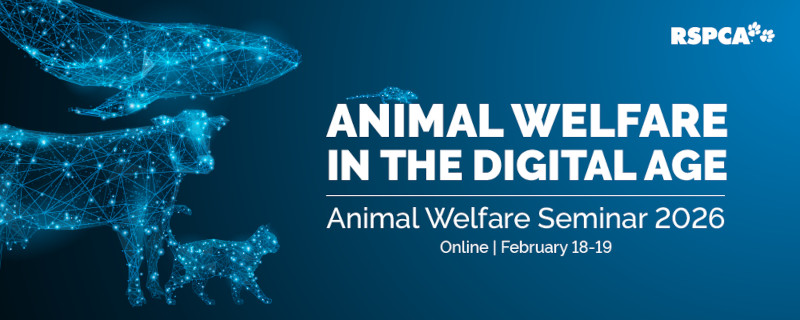| 1.1 | The RSPCA recognises that animals kept as companions are sentient beings with intrinsic value and who have mental experiences that matter to them. |
| 1.2 | The health and welfare of humans and animals are interconnected and the relationship between humans and companion animals1 is important. |
| 1.3 | People should only keep animals as companions if they can meet the animals’ physical and mental needs2 and give the animals a good life. |
| 1.4 | Some animals (e.g. some species of reptiles and birds) are not suitable to be kept as companion animals because their physical and mental needs cannot be met or are difficult to meet in a domestic setting, putting them at risk of poor health and welfare (see Policy E). |
| 1.5 | The RSPCA advocates for initiatives to make communities more animal-friendly and which reduce barriers to people having companion animals. Barriers to people having companion animals (where this is appropriate for the person and the animal) should be avoided, removed, or managed (e.g. barriers to keeping companion animals in rental and strata properties and aged care facilities, and bringing them into workplaces). See also: Policy B - Farm Animals Policy C - Animals in Sport, Entertainment, Performance, Recreation and Work Policy E - Wild Animals Policy GP1 - Good animal welfare |
(adopted 08/04/2024)
[1] A companion animal is an animal kept by humans to provide companionship (also known as a pet). Policy A applies to a range of species commonly kept as companion animals including dogs, cats, rabbits, guinea pigs, ferrets, rats, mice, reptiles, birds, amphibians, and fish. Horses are not covered in Policy A; they are covered by Policy C. Animals ordinarily kept as farm animals (e.g. sheep and cattle) are not covered in Policy A; they are covered by Policy B.
[2] An animal’s physical and mental needs are what the animal requires to have good physical and mental wellbeing (including positive feelings and experiences). This includes good nutrition (food and water), a safe and comfortable environment, optimal health, and the opportunity to choose how they behave and interact with others and the environment and how they spend their time. All of these factors impact how they experience the world, their feelings, and their mental state.

